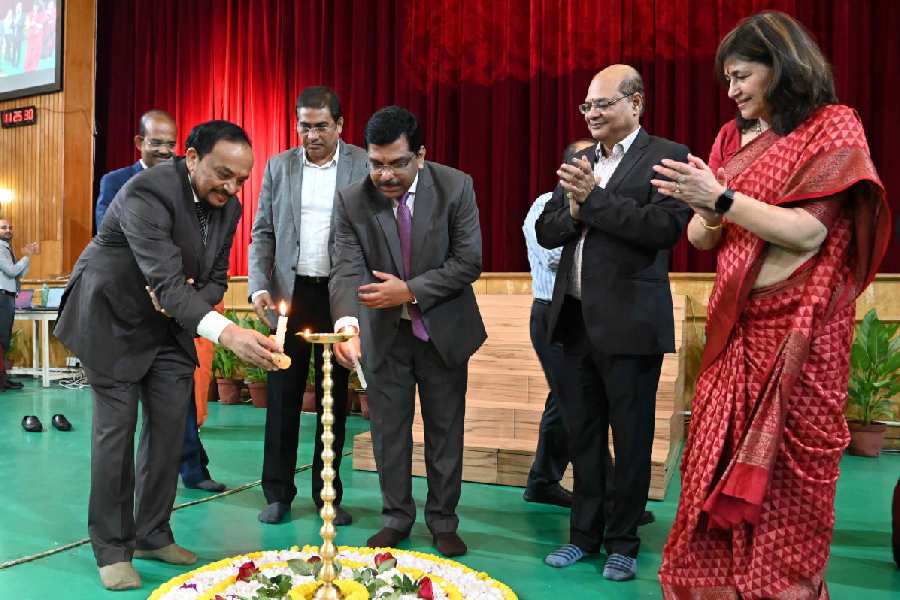Assessment in junior classes: Test not linked to 'pass-fail', says ICSE council


The Council for the Indian School Certificate Examinations (CISCE) will introduce assessments in Classes III, V and VIII, which will give an “insight into the learning aptitude and skill set of the learner” and not be an examination that threatens a child with “pass-fail”.
The computer-based assessments will be conducted in school and the students will not be awarded marks.
Joseph Emmanuel, the chief executive and secretary of the council, which runs the ICSE and ISC courses, told school principals from the Bengal and Northeast regions at a programme that they are not to prepare the children separately for the assessment.
“You don’t need to prepare your children for these assessments. These assessments should happen in a normal environment and we would be using technology to support our system,” said Emmanuel.
He said that for Class III children, it will be a game-based assessment. The students in Classes V and VIII will be assessed with multiple-choice and descriptive questions.
“But whatever it may be, it should not burden the child or the school system,” said Emmanuel.
“These assessments need not be an examination that is threatening the pass-fail of the child.... These assessments will be giving insight into the learning aptitude and the skill set of the learner. That is why these are called diagnostic assessments, to diagnose the health of the school system, the health of the classroom transaction that is happening in a section, class or school.”
The council plans to roll out the assessments in the academic year 2025-26 or 2026-27.
Emmanuel said the National Education Policy has recommended “mid-way”, or “key stage”, assessments in Classes III, V and VIII to evaluate various skills of the students — application skills, critical thinking skills and problem-solving skills.
He was speaking to the school heads from the Bengal and Northeast regions on “National Education Policy — Way Forward for CISCE Schools” at The Heritage School.
The chairman of the CISCE, G. Immanuel, also attended the meeting.
Emmanuel later said the students in Classes III, V and VIII would get to know their results but no marks would be awarded.
“No marks will be given.... Whether the required competency has been achieved by the students will be indicated,” he said. The markers could be proficient, learner or beginner.
“We are not coming out with any sample paper. There will not be any assistance. It will be a joyful activity,” Emmanuel told Metro on the sidelines of the programme.
Council chairman Immanuel said no sample questions would be issued, adding they did not want the children to learn and reproduce answers.
Tie-ups
The CISCE is in conversation with universities in the UK and the US. If any university there thinks the ISC course is on a par with their first-year undergraduate course, students can join the undergraduate programme in semester II or III. “This will save students both time and money,” the chief executive said.